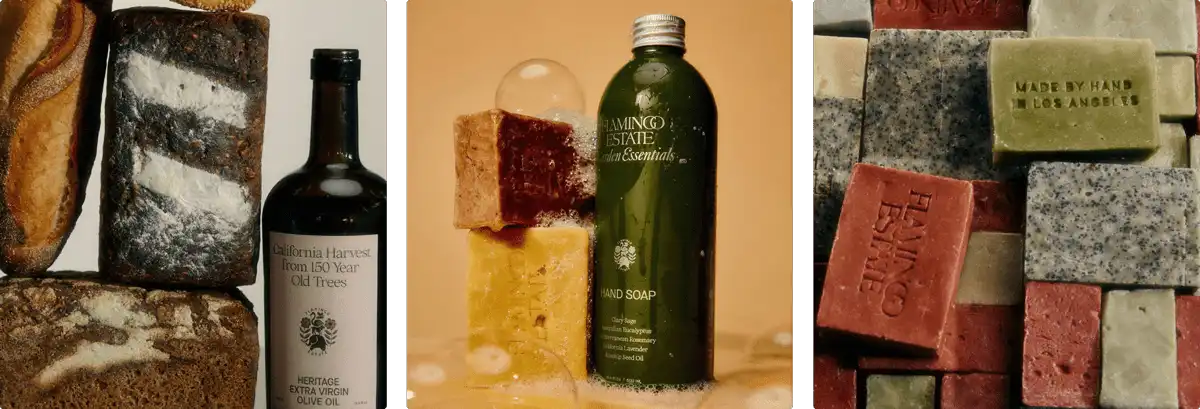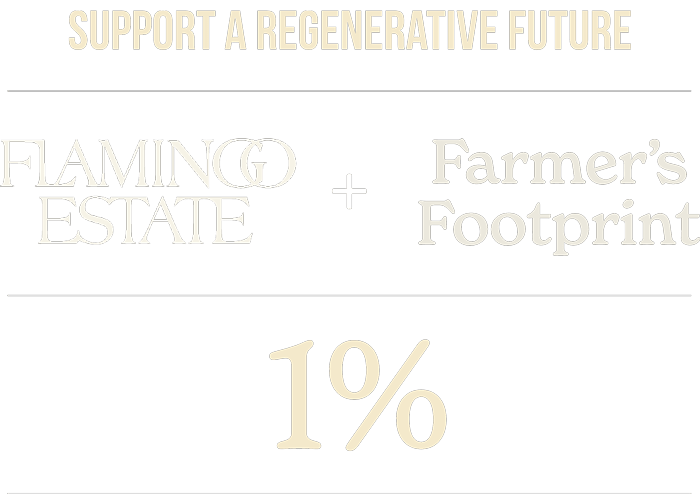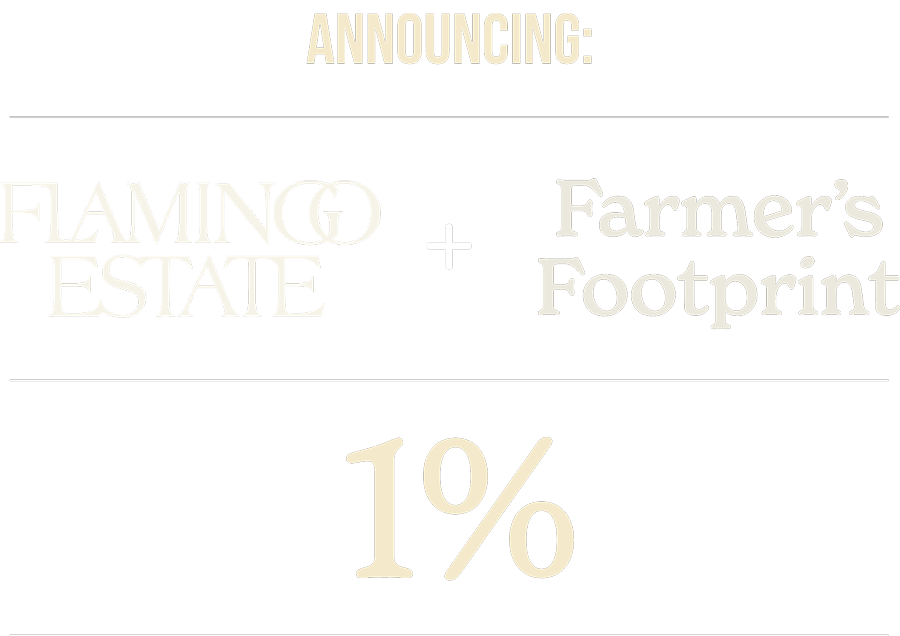
Each time you make a purchase from Flamingo Estate, 1% of the sale goes to Farmer’s Footprint. United in commitment to unite, inspire and accelerate the movement towards regenerative food systems as a means to restore human and planetary health, this collaborative partnership is a new channel for impact and we are honored to be in this together.
With this announcement comes the first release of…
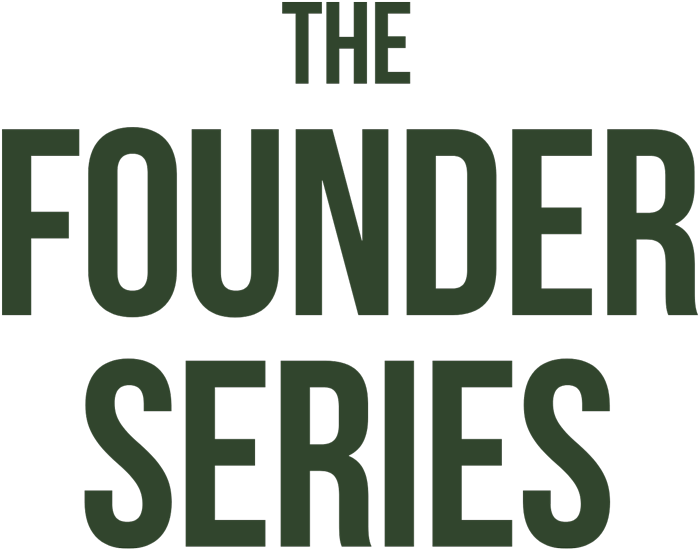
The founder series explores what drives business leaders to apply regenerative principles to their business model, work culture, and how their personal journeys have shaped their work in the world.
The land, the farmer, the producer, the supply chain, the packaging, the delivery, the consumer, the business model, employees and the founder cannot be siloed and need to be sewn back together in how we look at the system.
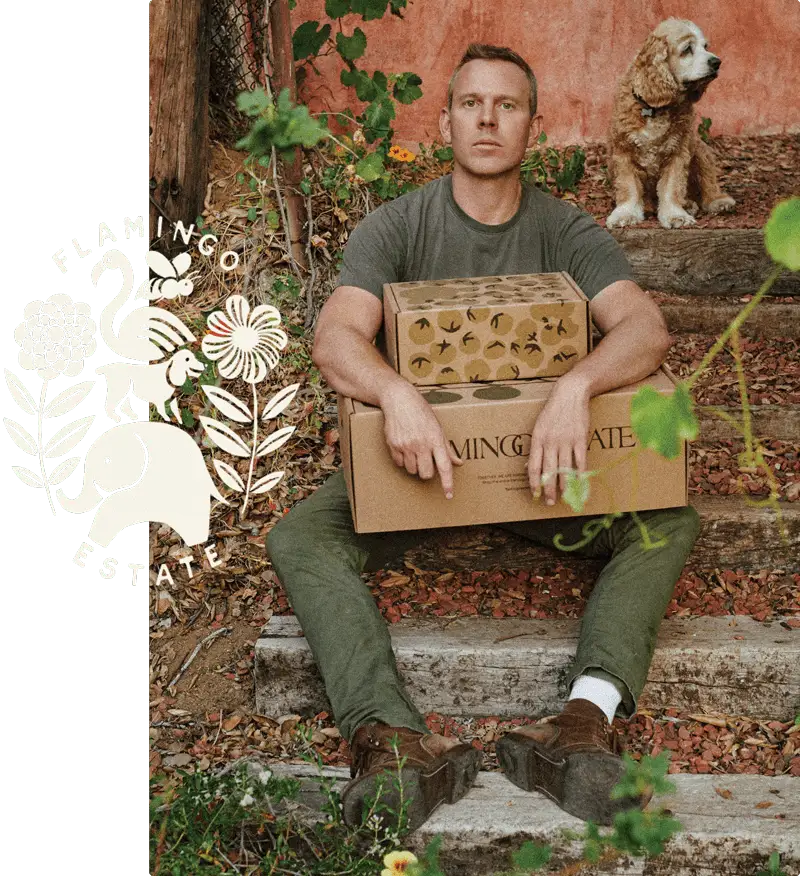
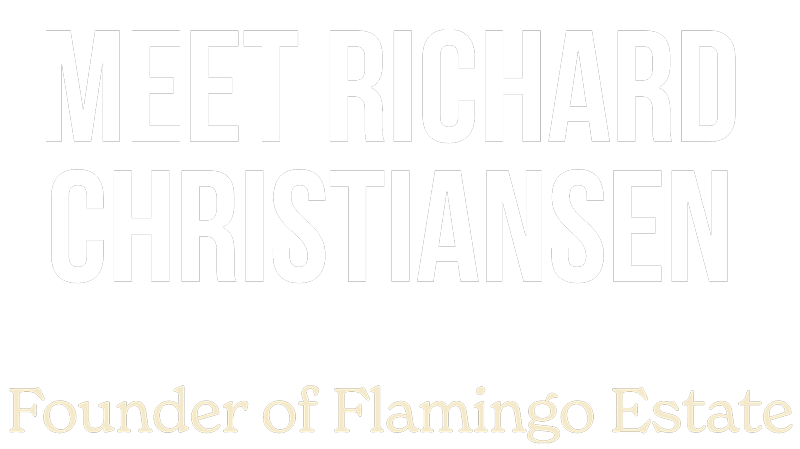
14 Questions + Answers with Richard
Flamingo Estate works with a collective of farmers, horticulturists, and herbalists to develop a 150-product portfolio. It sells products including soap, wine, candles, and other essentials for the bath, garden, home and kitchen.
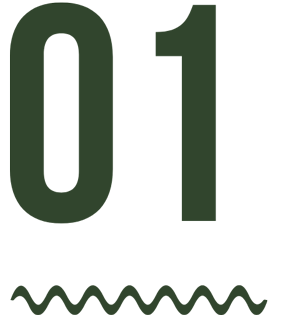
Tell us about your journey as a founder. What was your catalyst moment to begin Flamingo Estate?
Richard: Flamingo Estate is my home, and I had been living there while working at my advertising agency, Chandelier Creative. My parents are farmers in rural Australia, and I had longed to get my hands in the soil again. We’d spent years planting the orchard and restoring the garden
.
Then, the first week of COVID a couple of things all happened at the same time, which will never happen again:
First, my ad agency crumbled. Most of our clients were luxury fashion brands, like Hermès and Cartier, and they all put a hold on spending. I had the agency for 15 years, and it was my worst nightmare. We had a very large team and I could feel the business begin to buckle under the strain of payroll.
Then, we heard about a farmer who was going to lose her farm, because she too had lost all her clients (the restaurants were closed). When I was a kid my parents had lost their farm, so I felt a real obligation to help her. The first Friday of COVID I suggested she bring some vegetables over so people could buy them directly from her.
I think she thought we could sell a dozen boxes. But we sold 300 boxes the first Friday, 600 the next. And then 1000. Before we knew it, we had 50 delivery trucks. One farm became 2, then 10, then 20, then 50. Now we have 110 farms.
Remember the team and I had spent our careers selling luxury jewelry and clothes. So I also thought what if we gave farming – and the garden – that same level of creative care? What if we sold vegetables the same way we sold perfume and watches? Mother Nature is the last great luxury house, so why would we not treat it just like a luxury brand?
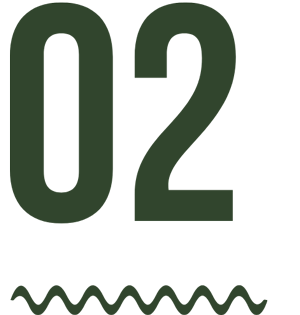
How do you define success in your business?
Richard: I had spent 20 years working in my old business, until COVID hit. The business was “successful” but I was a failure: I was tired, overweight, unhappy, and completely out of alignment. I had spent my whole life selling people things they didn’t need. And I never thought about the impact of any of it, for me or the planet. So my new goal was to come alive again. To once again learn about food, farming, and sourcing. I never wanted to go back to my old life.
I had met Jane Goodall a few years earlier, and she encouraged me to take all that I had learned in my old business and do something good. So when my life fell apart, that’s what I wanted to do. But I did not really know how, and we were building the plane while it was flying.
After our first year we had cleared about $5M in revenue. It was a staggering number, and it continued to double year on year. It made us realize we had a proper business here. So we invested in an amazing team who began to look at how we spent all our money – who we purchased from, and what kind of farms we wanted to support. This meant traceable sourcing from small and heirloom farms, biodegradable ingredients for soil and watershed health, nutrient-dense formulas grown in nutrient-dense soil, recognizing the human and cultural aspect of agriculture, and never, ever using pesticides.
This might sound obvious, but for the beauty industry this is radical. No brand at scale had real traceability. And it’s impossible to build a brand with typical investor money and not be asked to cut corners to make higher margins. That’s why palm oil and other more inexpensive ingredients are in almost every product.
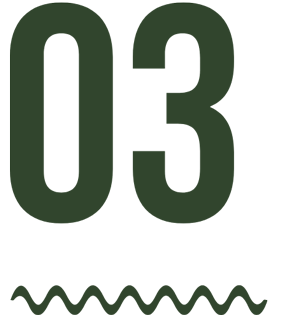
How have your decisions to support local farmers impacted your local community and the lives of farmers?
Richard: Our fresh produce program allows us to purchase consistently and regularly (weekly) within our local network of farms. We know this has a deep impact for the farms we are lucky enough to work with, as they now come to us. The large-scale, one-time purchases we make with local farms/producers for body and beauty products are important (raw materials for bulk production), but weekly purchasing, with a number of farms, balances that out and really allows us to support in a very consistent way, 51 weeks of the year.
One of our main local partners for fresh produce is Windrose Farm. Our partnership has meant a recurring revenue that they wouldn’t otherwise see during certain growing seasons. Half of our fresh produce customers are on weekly subscription, which means hundreds of boxes of produce, and a somewhat predictable revenue stream for the farm, and others.
One of my favorites is Ojai Valley Olive Oil, who harvests all of our Flamingo Estate Olive Oil and blends a custom peppery and bright oil for us. We’ve grown steadily together, both of our volumes increasing at a similar pace. Olive Oil is our #1 item after bath and body products.
Another interesting piece of our local business is a flower subscription business. In the fall of 2021, we changed how we were sourcing our flowers, essentially we took everything in-house. At first this was incredibly challenging, especially as we headed into winter. But as we grew our network, the farms started coming to us and we were even able to crop-plan with one of our partners, which allowed them to depend on us for a consistent order (with a lot of flexibility on timing). We NEVER fly flowers in, and now have a large weekly customer base all on subscription. So it’s consistent business for the farms.
In terms of the body and beauty side of the business, honestly, it’s about communication, increasing scale, and providing projections. Being a new business that has tested new products and iterated along the way, has made it somewhat unpredictable in the past to understand volumes. Now, we are looking forward to being able to more accurately forecast and make an impact with how we purchase and get in contracts with farms to help purchase seeds and provide a sustainable and predictable income. My hope is that we are working with 1,000 farms in 10 years. My dream is that we wrap our arms around as many good growers as we can, and pay them well for what they do.
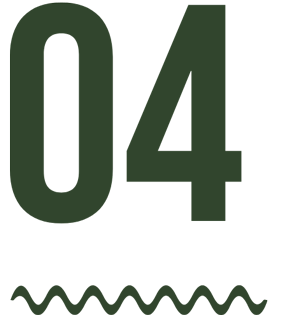
What responsibility do business owners have in building a regenerative future?
Richard: I’ve just come through a year of fundraising, and it was the hardest thing I have ever done. It was bloody hell. I met over 100 potential investors, and each of them had a solution on how we could scale and grow. And as I said earlier, it’s ALWAYS been about better margins. At every turn a finance bro was telling me to source cheaper raw ingredients. This gets back to the palm oil and commodity ingredient conversation. It made me realize that it will be a miracle if a brand can get to scale – real scale – in America, and only use regenerative ingredients. The same argument happened regarding plastic bottles, which we don’t use, but would be cheaper than glass. It felt like death by a 1,000 paper cuts, and we have to stand firm. That’s why I am so determined to build this business in a different way. I look at a brand like Patagonia – and it can only make bold moves because they don’t have to answer to VC shareholders.
The other side of the coin is the consumer. Consumers are so conditioned to supermarket prices, especially for fresh food. Our fresh food program runs at a loss, sometimes breaking even. We don’t make any profit from that part of our business, but still people question the price. So that’s where we need to explain why it costs money to grow things properly. Good, regenerative food and ingredients are not inexpensive for everyone in our current food system, and when we use these ingredients in bath & body products, it can be 20x more expensive than a non-traceable ingredient from a distributor that gets that ingredient from overseas where the growers are paid bottom of the barrel prices and the material is getting passed through several different hands.
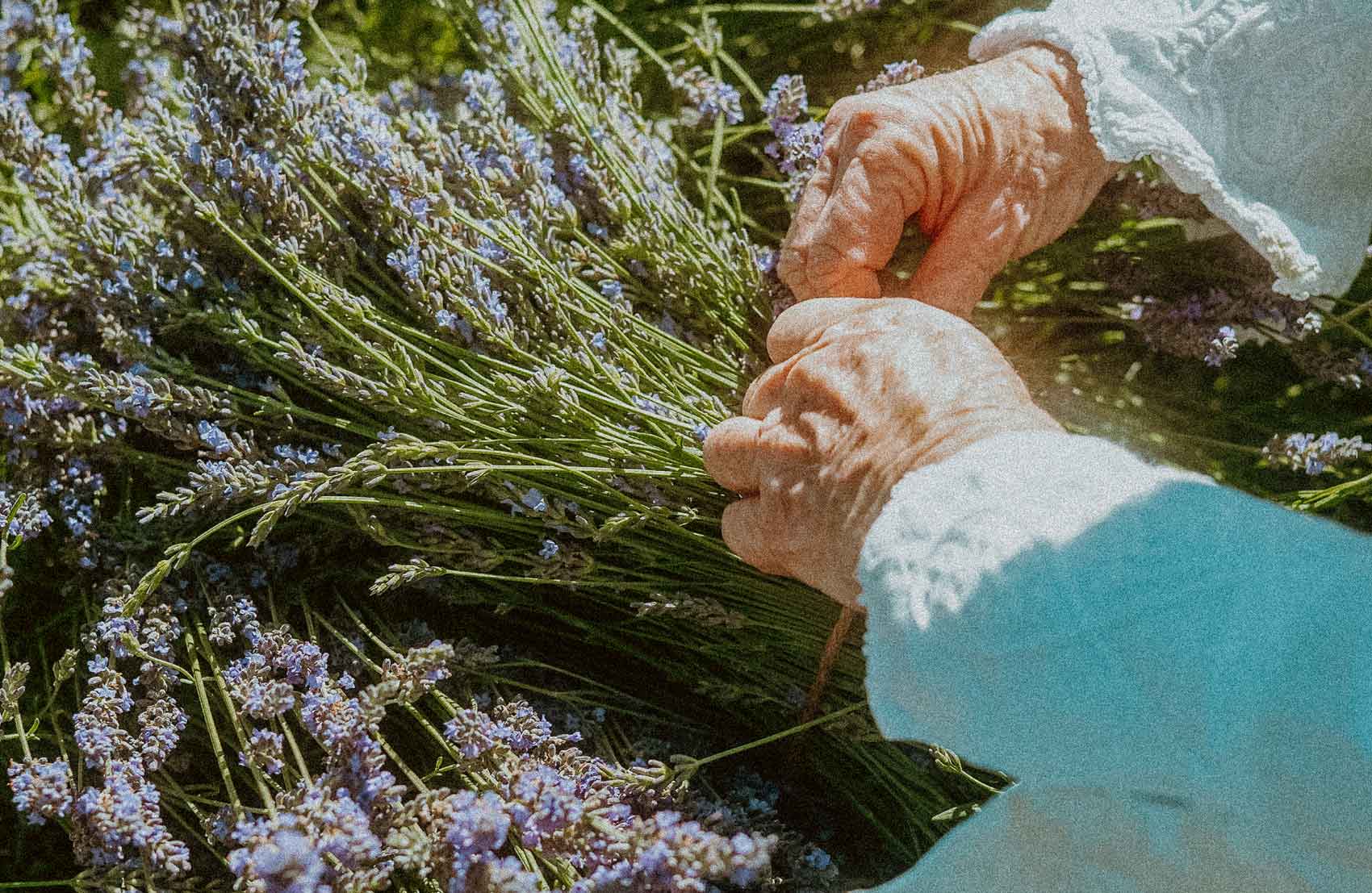
How do you think about product development in the context of Regenerative Agriculture?
Richard: For us, it’s an upside-down way of working.
We usually find a farm and ask “what can we make from this?” rather than deciding on what we want to make and then searching for an ingredient.
A good example of this is White Buffalo Land Trust who has an abundance of native Sages on their Jalama Canyon property — 1,000 acres of living laboratory in Santa Barbara County devoted to Regenerative Agriculture. We visited Jalama and did a tour with their inspiring team and just talked about what we could do, what the land offered and how we could work together. It’s truly just the beginning of our relationship, but they harvested and distilled their Black Sage on the property and produced Black Sage Essential Oil and a Black Sage Hydrosol that we are using in an upcoming Bar Soap and Face Mist.
We were also connected to Stephen Smith at Onda Wellness through Farmer’s Footprint and knew we wanted to use their nutrient-dense Hemp Oil. We built a collection of skincare products featuring this versatile and unique ingredient. The Hemp plants are grown at Casad Family Farms, a Regenerative, Land to Market verified farm, and they’re some of our favorite products. They make such a difference on your skin.
The next step for us is scaling together and figuring out how we can provide sustainable demand by planning and having the capital to support the purchase of these ingredients. These are people doing things the right way, fighting the good fight for our soil and our communities.
The other shift for us was the decision to take the harvests from our regenerative farms and make body products, candles, soaps, and pantry essentials. The water from my bathroom at the Estate runs directly into the garden, and my old body wash was killing my plants. So we made our own. That is now 95% of our revenue, and they are sold in 300 retailers in 10 countries. We learned everything we could about the beauty industry and became determined to have the best, most honest ingredient sourcing in the word. The shift from food to beauty was an interesting one, although they are deeply connected. And we are now on course to become a large player in the beauty and personal care space – which could use some help from Mother Nature.
How do you define regenerative business and how does Flamingo Estate live into this model?
Richard: First, I should mention that we never lead with that message. We lead with a quality and ingredient message. If you look a bit closer you can discover the things we are doing. We also don’t deserve a pat on the back until we have done the work, and we have a lot more to do. I think a regenerative business looks at everything as one large, interconnected whole. It’s a collective approach that derives from a belief in lived reciprocity — trusting that Mother Earth will care for us, if we care for her, our communities, and our people. The work, from beginning to end, should protect the ecosystems at large and should support people doing the work. It looks at the process from the moment the seed is planted, to sourcing, formulation, packaging, shipping and distribution, to its full life cycle.
Can you walk us through why you chose to shift your philanthropic dollars from 1% for the Planet to Farmer’s Footprint?
Richard: We wanted to put our dollars into an organization where we can see the impact.
We’ve met so many people in our network through Farmer’s Footprint, and it feels local and community based for us. I also encourage the conversation that goes with it, we have been conditioned to “at a glance” shopability led by icons. While I know these icons are ways for our consumers to navigate and make decisions, there’s also so much more nuance, conversation, and education to it. Does it have to be certified organic if the farm is using organic practices? Knowing the practices and the farm is more important than an icon.
Also, Glyphosate has a long history for me. When I was a little boy, I used to watch my mom put on her backpack and go to work. Inside her backpack were two small tanks, filled to the brim with RoundUp. Even as a small boy, I worried about her spraying Roundup. I saw the way it killed everything, and I did not want her to be next.
Why is supporting Farmer’s Footprint important to you?
Richard: The more I have learned, the more impressed I have become. Real people doing real things with less red tape. It’s as simple as that.
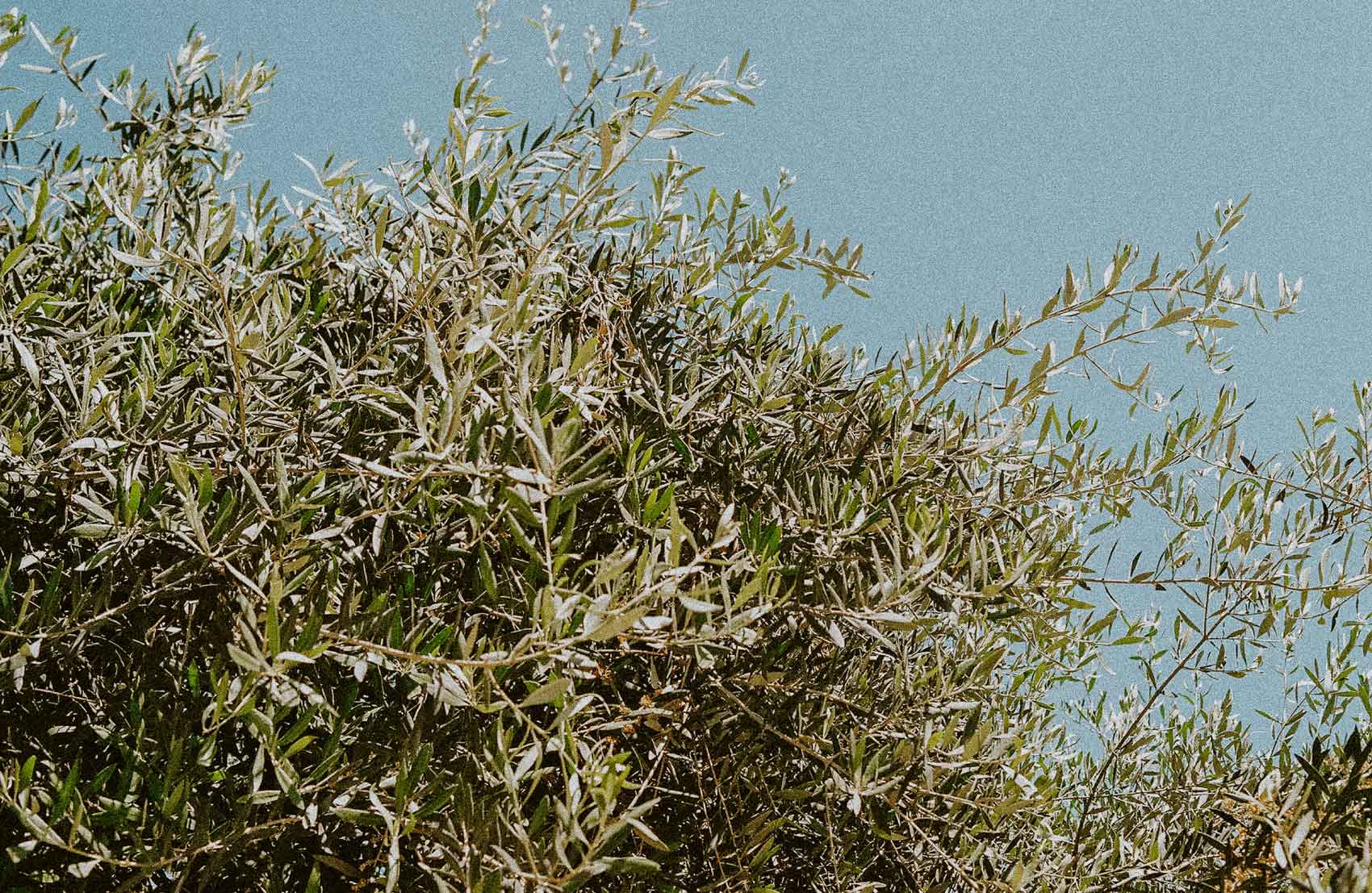
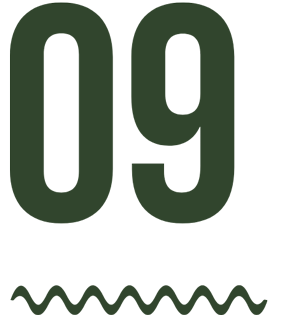
How have you maintained a profitable and regenerative business?
Richard: With a lot of wine 😉
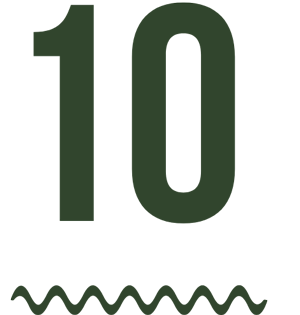
How has supporting Regenerative Agriculture and farmers impacted your bottom line?
Richard: In one sense it has damaged the bottom line. But this is the conversation that has to change.
It would be easy if we were making things cheaply at huge volumes, but we are only as good as our sourcing. We need to charge more so we can pay more for our raw ingredients. The main challenge is keeping the message really tangible for people – better ingredients are grown in better soil. That’s the sort of simple message we need to keep repeating to explain why our costs are high.
The other important thing for us is that this is not the ONLY message. We need to build trust and a transparent conversation with our consumers. Every hand-poured Candle, every drop of Douglas Fir & Vetiver Body Oil, and every bottle of locally-harvested Olive Oil – those are the precious fruits of our labor and our customers are able to directly impact our efforts with Farmer’s Footprint everytime they indulge in Pleasure from the Garden.
The bottom line will balance out — our focus is on making sure Mother Nature has no bottom line.
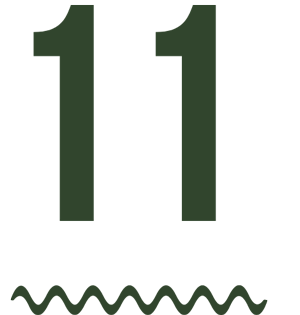
What is your advice for business owners currently operating in a conventional or extractive business model?
Richard: Progress not perfection. Start with something and let it grow from there. Otherwise it becomes so daunting and stressful.
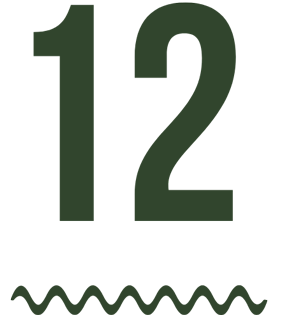
Given your experience in advertising, what needs to shift in the industry to create awareness of Regenerative Agriculture?
Richard: How do we cut through the BS? We just saw a brand advertising that they use “natural fragrances” and filming their commercial on a farm with lots of nice flowers and baby animals. But the brand is also using phthalates, synthetic fragrances, and distributing in plastic bottles. It’s not about the soundbite or the logo. We need to understand the whole story.
We’re also so used to shopping from a negative perspective: “No Parabens”, or “non GMO” and scouring a no list to ensure the products we consume fit our guidelines, but it actually doesn’t bring us any closer or give us any other knowledge about the products or the ingredients themselves. The conversation about regenerative agriculture needs to be a true conversation and an understanding about where our products come from. These are time-honored practices that support people, animals, and our earth.
Recently the Flamingo team went to Expo West — the Natural Products Expo held in Anaheim, CA. There were THOUSANDS of people crammed into the Anaheim convention center for the “leading trade show in the natural, organic, and healthy products industry. Top-notch education, innovative & trending products, and community networking.” We walked the aisles looking at fake cheese, fake meat, fake chicken, and fake pasta.
There was a wagonload of “innovation” neatly packed behind bright, happy Millennial-looking branding. Many people are trying to disrupt Mother Nature in one way or another. “It tastes just like real cheese, doesn’t it?” said one guy as I sniffed at his blue cheese made from pea protein. I left the expo frustrated but clear. Please don’t come to us for innovation. I believe the future belongs to the time-honored, simple way of doing things. In a world drunk on “innovation”, I believe we must do the opposite — a return to how things should be made.
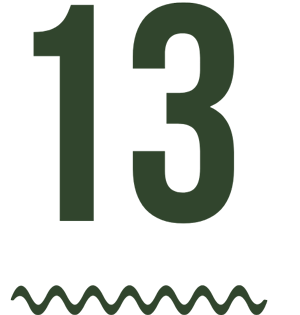
What role should/do artists/creatives play in regenerating our planet?
Richard: The industry gets so earnest. If we want people to think about nature in a different way, we need to show it in a different way. We need to make this exciting and dynamic.
What is your vision for Flamingo Estate?
Richard: Hermès from the Garden. We’re building a heritage brand from the earth of California. And want to be in every kitchen and bathroom in the county. And I want to take a hot bath every night knowing the soap I use is the very best it can be.
Immerse Yourself In Beauty & Shop Flamingo Estate
Each time you make a purchase from Flamingo Estate, 1% of the sale goes to Farmer’s Footprint. A special discount code is active today through June 4 at 11:59pm pt. Use FARMERS20 at checkout.
